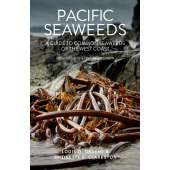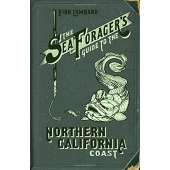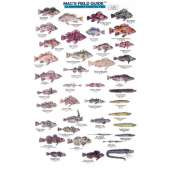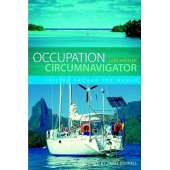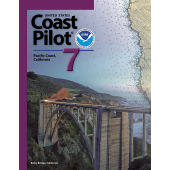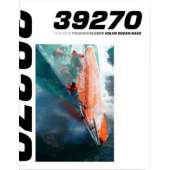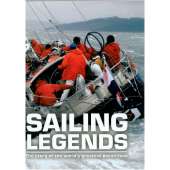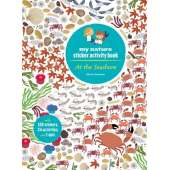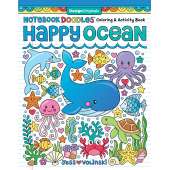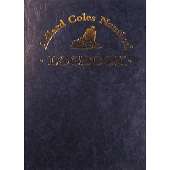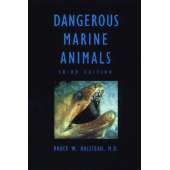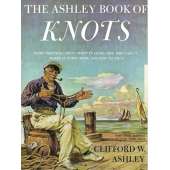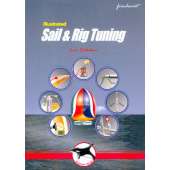In 1975 Doina Cornell left England with her family when she was only seven and spent the next six years sailing around the world on a small yacht. The author has drawn on her memories, diaries and stories, to re-create the perfect life led by a sailing child: swimming, diving and playing the days away in deserted anchorages; visiting some of the most beautiful islands in the world; falling in love with the sea in all its ever-changing moods, from balmy trade wind ocean passages to the treacherous breakers that crash onto tropical reefs.
And yet, Child of the Sea is much more than this. The book tells the story of a girl’s coming of age in the South Pacific where girls are treated like women at a much earlier age than in the western world, and all the awkwardness and confusion Doina feels as a result.
Child of the Sea is also about a child’s political education, as Doina’s journalist father searches out stories that take the family well off the sailors’ beaten track: digging out the African roots of Caribbean culture; or witnessing the end of Empire as the tiny Pacific nations of Tuvalu and Kiribati gain independence from Great Britain in colourful celebrations of feasting and dance.
And finally, this is a story of how people judge each other depending on the colour of their skin, from the time on Easter island when tourists mistake Doina for a Polynesian girl, to her and her brother’s hostile reception back in an English school at the end of their voyage.
Child of the Sea is a vivid evocation of the sailing life, and should be read by anyone who would like to understand how it feels to spend years sailing the oceans on a 36 foot yacht. The book can be read as a simple story, in the clear language of a child, and nothing more. Or it can be read as a comment on what ingredients make for a perfect childhood, in these days when much ink is spilled on meditating that very question. What do children need to grow up happy and healthy? Security with their family; an element of risk and freedom to explore the world; openness to other peoples and cultures; a sense of the environment and our finite resources. The sailing life offers all these and more.
Â

Specifications
No posts found
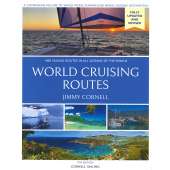
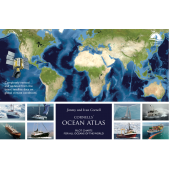
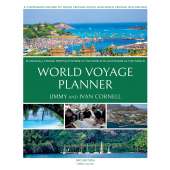
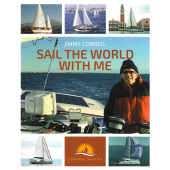
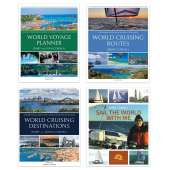
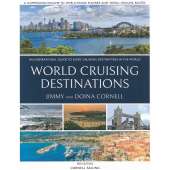
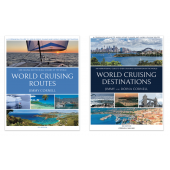
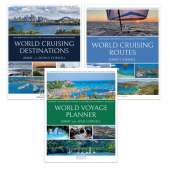
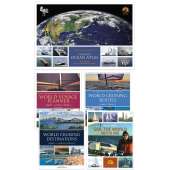
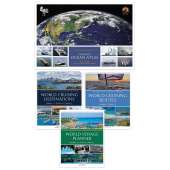
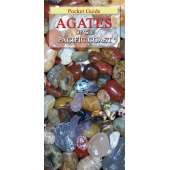
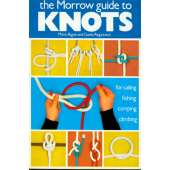
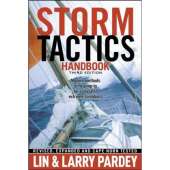
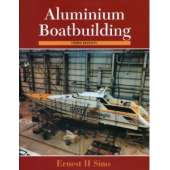
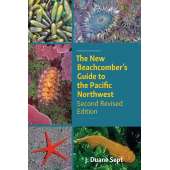

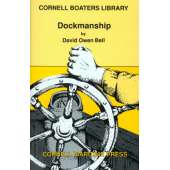
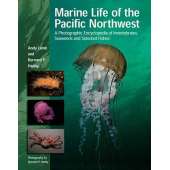
![On the Edge of Survival: A Shipwreck, a Raging Storm, and the Harrowing Alaskan Rescue That Became a Legend [Paperback] On the Edge of Survival: A Shipwreck, a Raging Storm, and the Harrowing Alaskan Rescue That Became a Legend [Paperback]](https://www.paracay.com/images/thumbnails/170/170/product/10/SMP064-(1).jpg)

